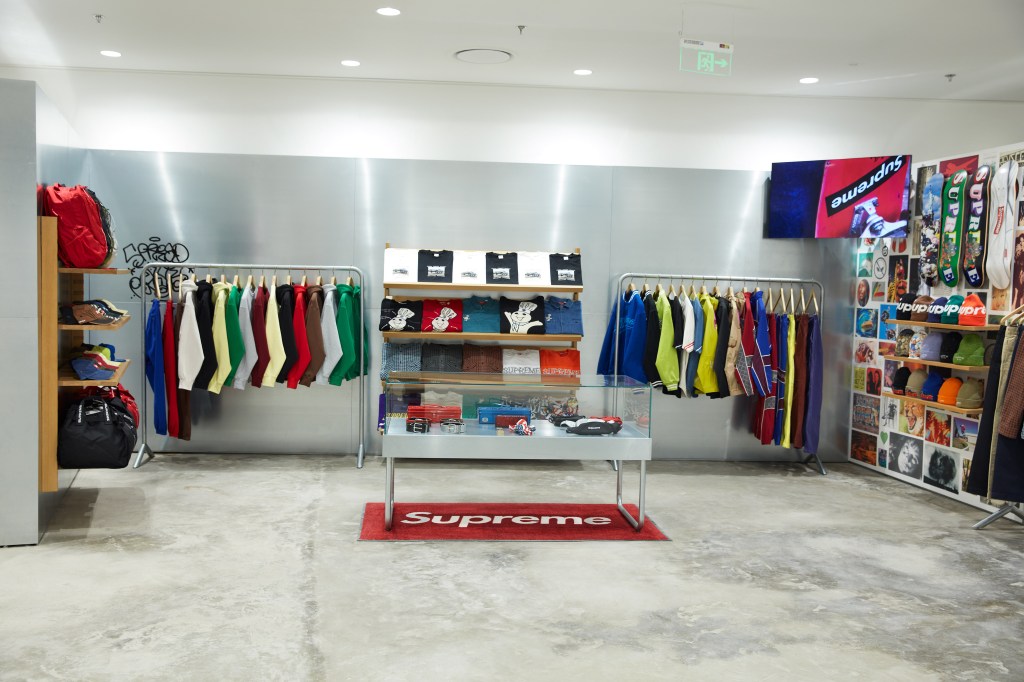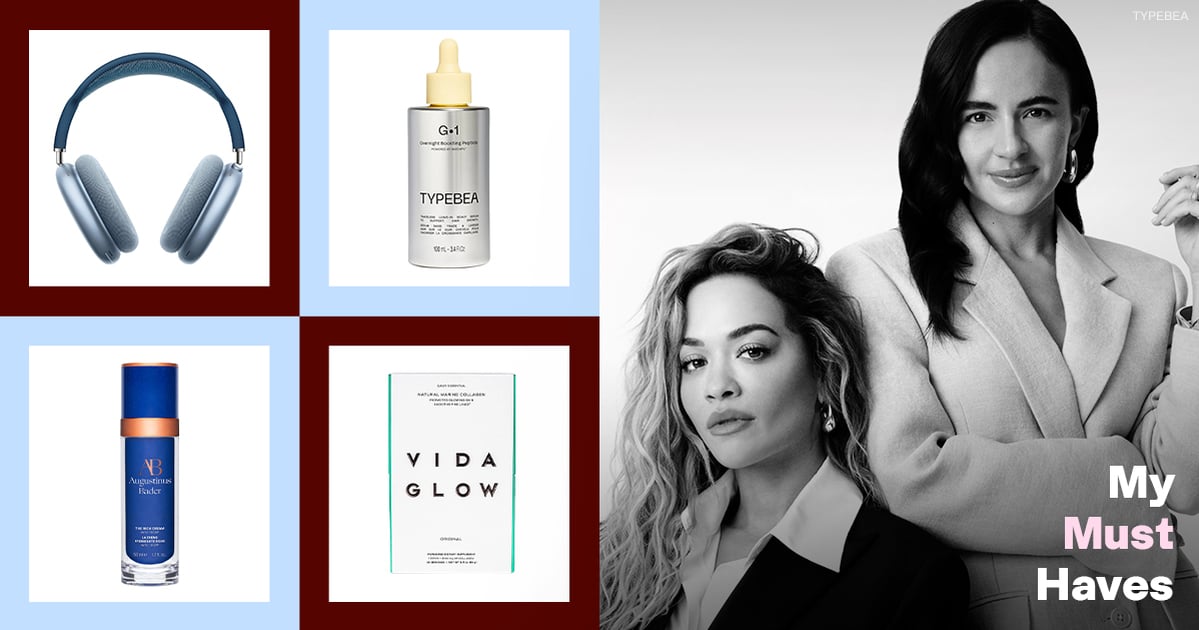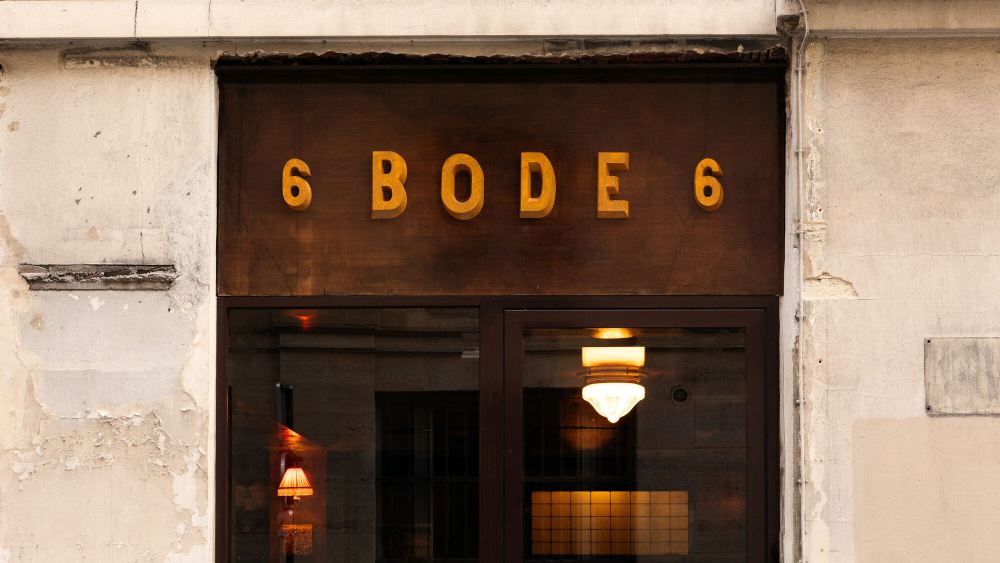Bracken Darrell is getting down to business at VF Corp.
In his first sweeping changes at the parent of Vans, The North Face and Supreme, the president and chief executive officer moved to reset the business and slash costs while pulling back on the company’s dividend payment and withdrawing its financial outlook for the year.
The transformation plan, dubbed “Reinvent,” focuses the company on improving results in North America, turning around Vans, cutting costs by $300 million and bolstering the balance sheet.
While some changes were laid out Monday — including a new global commercial structure that will sit above the Americas business as well and will be led by Martino Scabbia Guerrini as chief commercial officer — the landscape is clearly still shifting at VF.
“In order to bring down our debt levels and improve our operations, the board and I are fully aligned,” Darrel told analysts on a conference call. “Everything is on the table and there are no sacred cows….This is a turnaround. I’ve been here before so I know what it takes. We have a strong foundation, world-class brands and great people and we’re taking aggressive action.”
VF set its quarterly dividend at 9 cents — a 70 percent decrease from the previous quarter. And the normally acquisitive company is also holding off on buying any new brands until it brings its debt level down.
Darrell, the former CEO of Logitech and a Procter & Gamble veteran, took the helm in July and hadn’t previously revealed any of his broader thoughts or plans for VF.
After a listening tour that took him “far and wide within the company and outside of it,” Darrell said VF faces problems that are familiar to him, from his experiences turning around Old Spice or revving up Logitech.
“While no two turnarounds are the same, I’ve been here before and I feel quite at home. I’ve not encountered any big surprises,” he said.
“Our biggest business is declining. The U.S. isn’t working well. The innovation engine has historically been strong but has drifted down over the past few years. Employees still love the brands and business but the morale has been hurt by the poor performance and costs are too high. All of those were features of my last turnaround,” the CEO said.
At Vans, Kevin Bailey is stepping down as global brand president, but will remain on the executive leadership team and will lead the Reinvent program.
If Darrell seemed set on making decisive changes, the company’s performance in the second quarter seemed to require them.
Net losses widened to $450.7 million from $118.4 million a year earlier, although adjusted earnings per share came in at 63 cents — just shy of the 65 cents expected by analysts, according to FactSet.
Revenues fell by 2 percent to $3 billion.
Leading the decline were drop offs at Vans (down 21 percent to $748.8 million), Dickies (8 percent to $171.4 million) and Timberland (7 percent to $488.6 million).
The North Face continued to show strength with a 19 percent gain to $1.1 billion and the other brands division rose 6 percent to $496.6 million. (Supreme sits in that division, but saw a double-digit gain for the quarter.)
Turns out that Darrell isn’t the only one with ideas on how VF should turn the ship around.
The company has lately drawn the interest of activist investors, including Engaged Capital, which this month pushed the firm to conduct a strategic review of all of its brands, except for Vans and The North Face.
That would include a hard look at Supreme, which VF bought for $2.1 billion in 2020.
In a presentation to other investors, Engaged said, “The Supreme acquisition was, in our view, a breakdown in risk management, paying a full multiple for a high fashion brand and lowering financial flexibility due to the assumption of debt.”
Asked about the company’s brand portfolio on the call, Darrell said it was “strategy first” and then “return on investment.”
“I love to be in growing markets,” he said. “I think that’s the whole key, and so as I think about the portfolio we’re in and — this company has updated and changed its portfolio [over] 124 years a remarkable number of times. I like to be in growing markets. I like to have leading brands.”
Investors like that, too, but are waiting for a little bit more proof from VF and traded shares of the company down 6.1 percent to $16.08 in after-hours trading.



